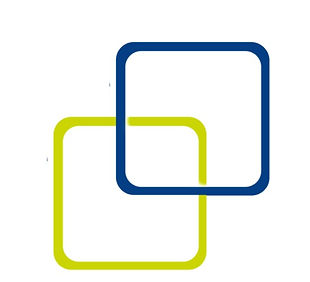SJT
The Situational Judgement Test (SJT) is an online MCQ test that is administered by YLL. SJT and FSA will be scheduled on different days.
Once again, feel free to click on the highlighted words which are linked to videos you may find relevant
What does YLL mention about SJT?
On the right is YLL's official description of SJT
"Candidates will be given scenarios that one may encounter during medical school.
The scenarios are designed around hypothetical medical school situations, to which you would be expected to react to accordingly. There is no right or wrong answer, your answers will be an indication of the alignment of your values with NUS Medicine.
The SJT is held online, for a duration of 60mins.
Candidates must complete both the Focused Skills Assessment (FSA) and the Situational Judgement Test (SJT) to be considered for admission."
Disclaimer!
As medical students we know that in healthcare confidentiality is of utmost importance. We hold ourselves to the same standards and values even when not in school or at the hospital. The advice below from seniors, in no shape, way or form, represents or alludes to any of the questions that we were asked during our own interviews. The "practice resources" linked below are not replicas of NUS' SJT. Rather, take the following sections as advice on how we prepared for SJT and what helped us in the weeks leading up to it. Hopefully, the advice helps all of you as well.
What is SJT?
SJT is a type of psychological assessment tool used by many medical schools to evaluate the decision-making abilities and judgment of candidates in relevant situations. SJTs present you with realistic scenarios or situations that you might encounter during your medical training and ask you to choose the most appropriate course of action from a set of response options.
The goal is to assess how well you can apply their judgment, problem-solving skills, and knowledge to navigate these situations. Rest assured that medical knowledge/sciences will not be tested. The purpose of these questions is more to judge character and values rather than medical knowledge.
SJT questions are multiple-choice and can cover a range of competencies including but not limited to communication skills, teamwork, leadership and ethical decision-making. Medical schools use SJTs hoping to gain insights into how candidates approach and handle different situations, providing a more holistic view of their potential performance in the medical field.
It's essential for you to carefully read each scenario and consider the implications of each response option before making a choice. Preparing for SJTs often involves understanding the competencies the test aims to measure and hence practicing with sample questions to become familiar with the format.
Good news is that there are tonnes of resources out there to familiarise yourselves with SJT. SJT is particularly confusing beacuse of the options - which tend to be a range rather than different choices. Most of us are able to detrmine whether a consideration posed in the question is important or not but can we rationalise whether it is important or very important? The distinction that SJT requires students to make on subjective issues sometimes takes some time to get used to. Do a little practice regularly using the resoruces below and hopefully finding that distinction gets easier for you! However, at the end of the day, remember that SJT is a test of your judgement. So, answer the way you think you would respond to a situation.
Online Resources
Offline Resources
In this section we talk about a few books with practice questions and explanations that helped us get used to the SJT format. While NUS may not necessarily follow the same answering style and option style, it is good practice none the less. Some of these books are older UCAT/UCKAT practice books as well.
Disclaimer: In no way are we encouraging you to buy these books because the truth is they can be really, really expensive. The links below take you to Scribd pages which have uploaded the books/documents for download. Some of these books are free to read while some of them need an account. There is a 30 day all access trial available. Alternatively, you can upload some of your own documents as an exchange for reading the documents uploaded by other users.







